Geneva will be ‘the most-affected’ Swiss canton by Brexit

As the shockwaves of the British leap in the dark and exit from the European Union continue to reverberate, businessmen and other observers reflect on the possible consequences for canton Geneva, which holds close ties with Britain.
“The canton of Geneva will be the Swiss canton most affected by the Brexit,” Cenni Najy, a researcher from the Swiss Forum on Foreign Policy (Foraus) think tank told reporters on Thursday.
“Geneva is in a position of interdependency with the United Kingdom.”
Switzerland and Britain maintain a close trading relationship. Britain is the fifth largest destination for Swiss exports and fourth for direct Swiss investments.
Geneva stands out as the Swiss canton that imports by far the most from Britain – CHF1.7 billion francs in 2015, or double the figure of ten years ago. It is also the second biggest exporting canton to Britain behind Basel. In 2015 some 7,300 British citizens lived in the canton.
Geneva’s cantonal president François Longchamp shared his concerns about the economic consequences with local parliamentarians on Friday, but said it was “too early to judge the impact for the Geneva economy.”
Geneva’s economics minister Pierre Maudet told swissinfo.ch he was naturally worried by events, “especially when such an important business partner enters such a period of turbulence.” Britain is Geneva’s fourth biggest economic partner, after France, Hong Kong and the United States.
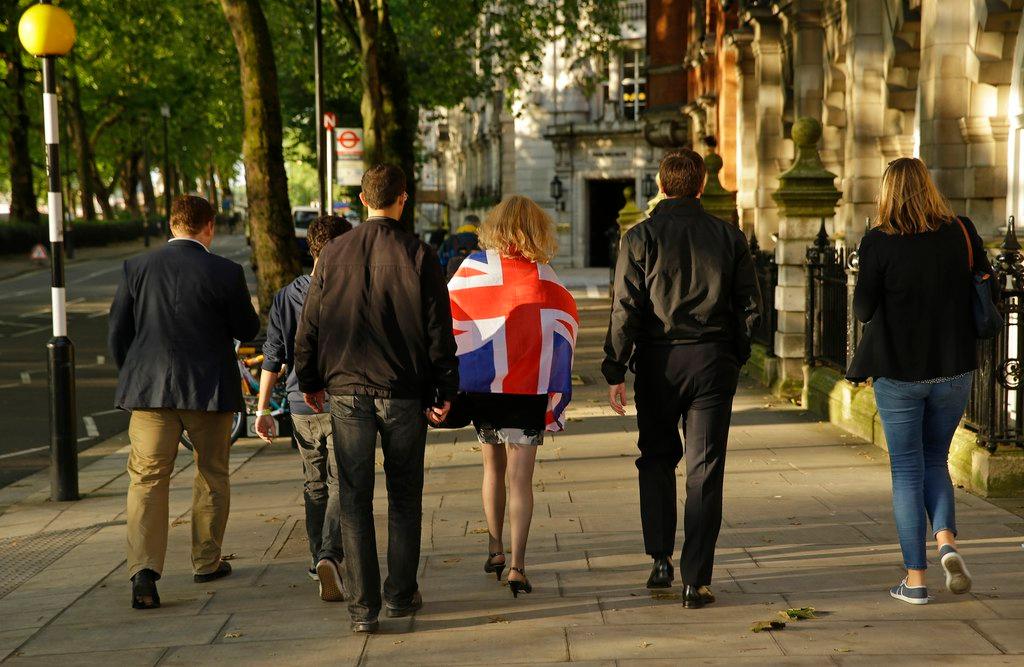
More
Swiss weigh up consequences of Brexit vote
‘May not be so bad’
Anthony Conway-Fell, president of the Geneva section of the British Swiss Chamber of Commerce (BSCC), meanwhile tried to remain upbeat.
“I don’t really see a lot of changes on the horizon,” he told swissinfo.ch. “My initial reaction was one of disappointment as I hoped the UK would stay in the EU, but thinking it over it may not be so bad.”
The biggest impact on Geneva-based businesses will result from a surging Swiss franc, he added. Swiss stocks fell sharply and the franc rose in strength at news of Britain’s vote to leave the EU.
The euro fell to just above CHF1.06 against the franc but recovered to CHF1.076. The British pound also lost ground against the safe haven franc in early trading. The Swiss National Bank (SNB) confirmed that it is currently active in the foreign exchange markets in an effort to keep the franc’s value in check.
Conway-Fell felt British firms may be less likely to invest in offices in Geneva in the future, but the trend in recent years had been to cut staff levels anyway due to the high costs of doing business.
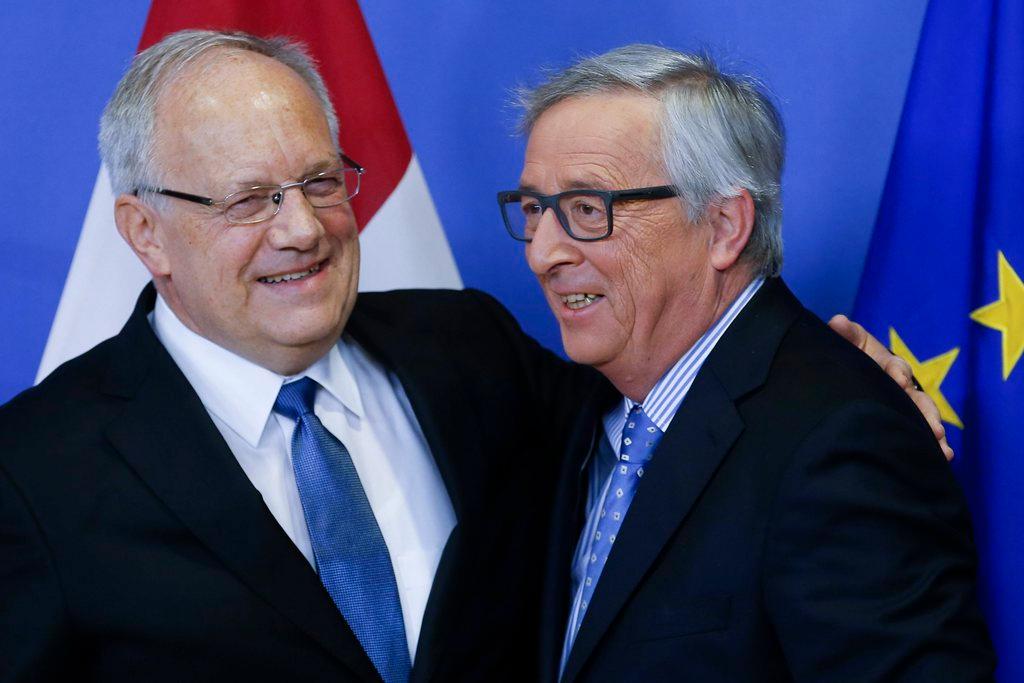
More
Swiss economy braces against Brexit fallout
Banks
Geneva’s banking sector – which totals almost 120 banks and over 18,000 employees – and the fast-growing trading sector (almost 10,000 employees in the Lake Geneva region) enjoy particularly close ties with Britain.
Grégoire Bordier, vice-president of the Swiss Private Bankers Association, told the Tribune de Genève a Brexit may mean a “new influx of funds to manage” from Europe.
Meanwhile, Pierre Mirabaud, the former president of the Swiss Bankers Association, expressed his satisfaction with the Brexit result, saying the impact [on Switzerland] should be limited.
“Some banking jobs will perhaps leave London for Switzerland but I don’t really believe it,” he declared.
Conway-Fell felt that some London banking jobs may move elsewhere in Europe: “Some of our contacts told us that if there is Brexit they will move to Frankfurt as they want to stay in an EU country.”
Tourism
The BSCC representative said, while he remained generally optimistic, a Brexit vote would definitely have an impact on the Geneva tourist sector.
“I think a higher Swiss franc will hit hard,” he declared.
In 2015 the British represented the highest number of overnight stays in hotels and other accommodation in Geneva – almost 260,000, +8,000 or +3.2% on the previous year – ahead of the French and Germans.
Najy also felt there would be an impact on UK-Swiss holidays and travel. He pointed to the numerous low-cost flights between British airports and Geneva, a popular destination for winter sports in France and Switzerland. Easyjet has around 200 flight connections a week between Geneva and the UK – a 27% increase over the past ten years – and this growth risks being stopped in its tracks.
Ahead of the vote, Easyjet Chief Executive Officer Carolyn McCall warned that a Brexit would mean the era of cheap flights would come to an end and a return to the days when flying was ‘reserved for the elite’.

In compliance with the JTI standards
More: SWI swissinfo.ch certified by the Journalism Trust Initiative









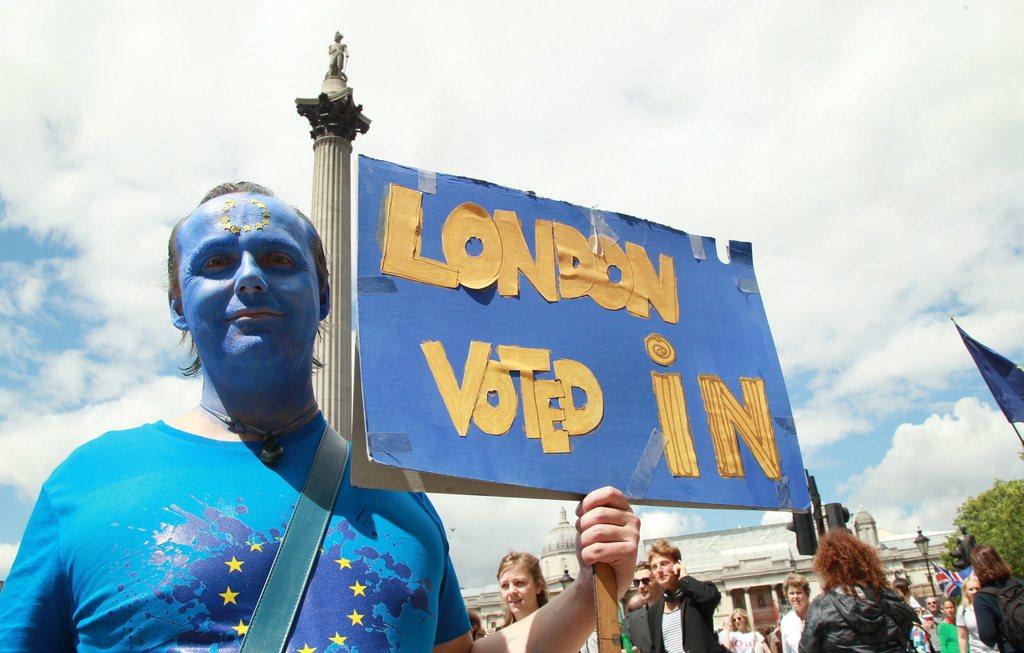
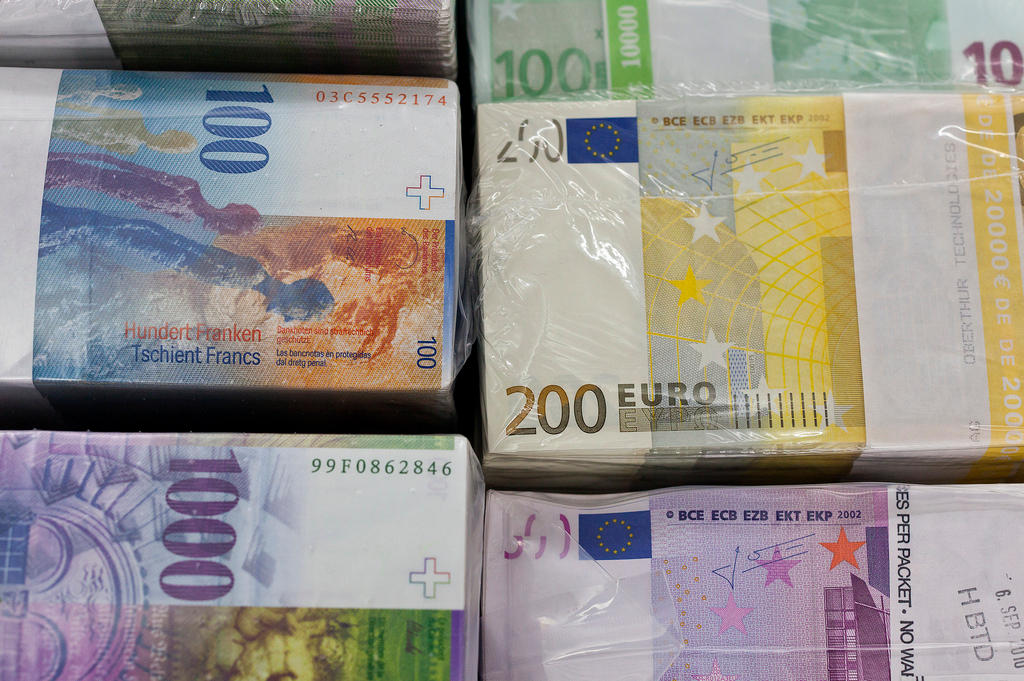
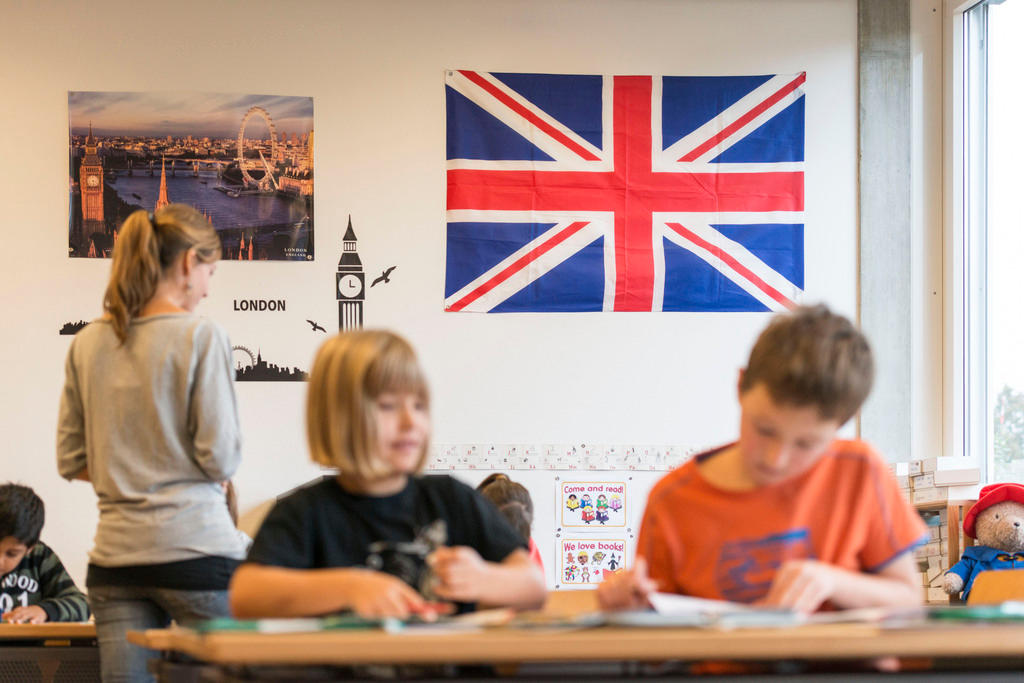
You can find an overview of ongoing debates with our journalists here . Please join us!
If you want to start a conversation about a topic raised in this article or want to report factual errors, email us at english@swissinfo.ch.